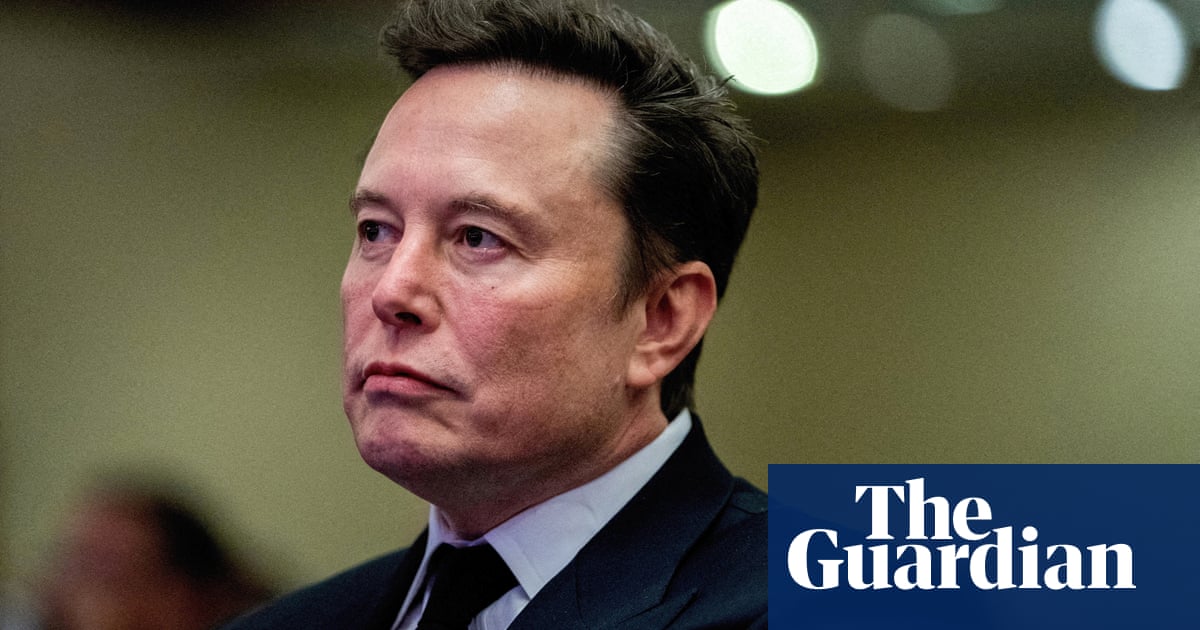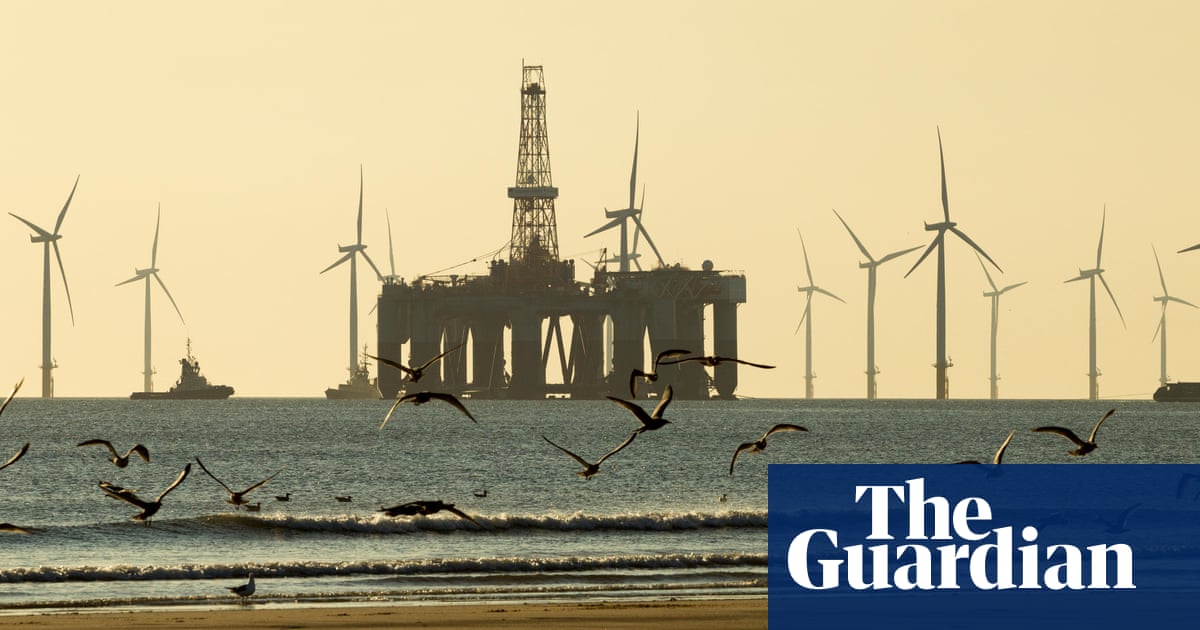After the ruling Georgian Dream (GD) party run by the oligarch Bidzina Ivanishvili secured a parliamentary majority in Saturday’s Georgian election, the reaction from Moscow was jubilant. “Georgians have won. Attaboys!” wrote Margarita Simonyan, head of Russian state-controlled broadcaster RT, on X.
Meanwhile, a devastated friend texted me Sunday morning to say they felt as if they “woke up in Russia”.
The question of whether Georgia would continue its drift into Russia’s orbit or change course and embrace Europe hung over the election. But with reports of voting irregularities and the largest opposition party, United National Movement (UNM), outright rejecting the result, it is unlikely to be settled anytime soon.
Ivanishvili has been in power since 2012, when he set up the GD party and scored a landslide victory against Mikheil Saakashvili, Georgia’s former president whom Putin famously promised to “hang by the balls” and who is in jail in Tbilisi. Since that time, Ivanishvili has been methodically moving Georgia into a closer relationship with Russia – covertly and slowly at first, openly and aggressively in more recent years.
This caused a lot of friction with society. Georgians had tired of Saakashvili’s government, which was becoming autocratic, but many were set on a turn towards Europe. For centuries Georgian luminaries have cultivated the idea of Europe as the way of protecting the Georgian language and identity from oppression by its neighbours: Persians, Ottomans and, for the past two centuries, Russians. The modern Georgian constitution calls for a closer alliance with the west, in particular the EU and Nato.
Even citizens already disillusioned with Ivanishvili were shocked when the government chose to side openly with Moscow against Kyiv in 2022. Ukraine had stood by Georgia through all of its wars, including the most recent Russian invasion in 2008. The government’s position felt like a betrayal.
In the ensuing years, GD has passed repressive Russian-style laws, launching brutal crackdowns on activists, targeting the LGBTQ+ community and unleashing dirty disinformation campaigns straight out of the Kremlin playbook. By 2024, hundreds of thousands were taking part in regular anti-government demonstrations led by the youth demanding that Georgia stay on its European course.
The election was seen as the only democratic way of getting the country out of Ivanishvili’s and Russia’s tightening embrace – it was perhaps the most pivotal vote in the country’s history since the independence referendum in 1991. Polls, including traditionally reliable exit polls, put the opposition in a clear lead. On the day of the vote, the turnout was so high that in some polling stations people queued for hours to cast their ballots.
And yet the central election body announced that the GD party beat the country’s pro-European opposition and secured a fourth term. The list of recorded irregularities is long. The Organization for Security and Cooperation in Europe (OSCE) says there was “intimidation, coercion and pressure on voters”, while other reports detail suspicious discrepancies in numbers, violence and ballot stuffing. The result will be challenged, although fighting for justice in courts controlled by an oligarch is likely to be futile.
In the next few weeks, the opposition in Georgia will work to galvanise supporters and try to prove that the election was stolen. But they must face the reality that GD did perform better than anyone had expected, in part at least thanks to an aggressive pre-election campaign that focused on fear: the governing party’s singular message equated opposition with another war with Russia. Their campaign included billboards that juxtaposed the ruins of Ukrainian cities with the peaceful landscapes of Georgia. It proved effective in a country where Russia still occupies 20% of the territory and memories of the 2008 invasion are very much alive.
The election results may defy both logic and hope for many Georgians, but they align disturbingly well with the broader trajectory of the world. Over the past decade, the interplay of oligarchic alliances, disinformation, abuse of technology and selective violence have eaten away at the foundations of all societies. The losers aren’t just the Georgian opposition and their supporters but everyone who believes in the value of freedom. The real winners aren’t the Georgian politicians, or even the oligarch who pulls their strings, but anyone who puts money and power above shared values.
In the case of Georgia, the biggest winner is the Kremlin, which has just won a battle in its global war against liberal democracy. The Georgian opposition is unlikely to succeed unless it gets focused attention from Europe and the United States. But with the tragedy that has enveloped the Middle East, the drama of the US elections and the urgency of the increasingly unsustainable war in Ukraine, events in Georgia will struggle to compete for attention.
Anyone interested in countering Russia’s larger worldwide disruptions should remember Georgia. It was here that the fatal crack in the Soviet empire appeared on 9 April 1989, when Moscow gave the order for its troops to open fire on peaceful pro-independence protesters in Tbilisi. The reason empires crumble from the margins is because true resistance always comes from the edges. Helping Georgia bring back its democracy will keep it alive elsewhere.
-
Natalia Antelava is the CEO and editor-in-chief of codastory.com
-
Do you have an opinion on the issues raised in this article? If you would like to submit a response of up to 300 words by email to be considered for publication in our letters section, please click here.

.png) 2 months ago
22
2 months ago
22













































